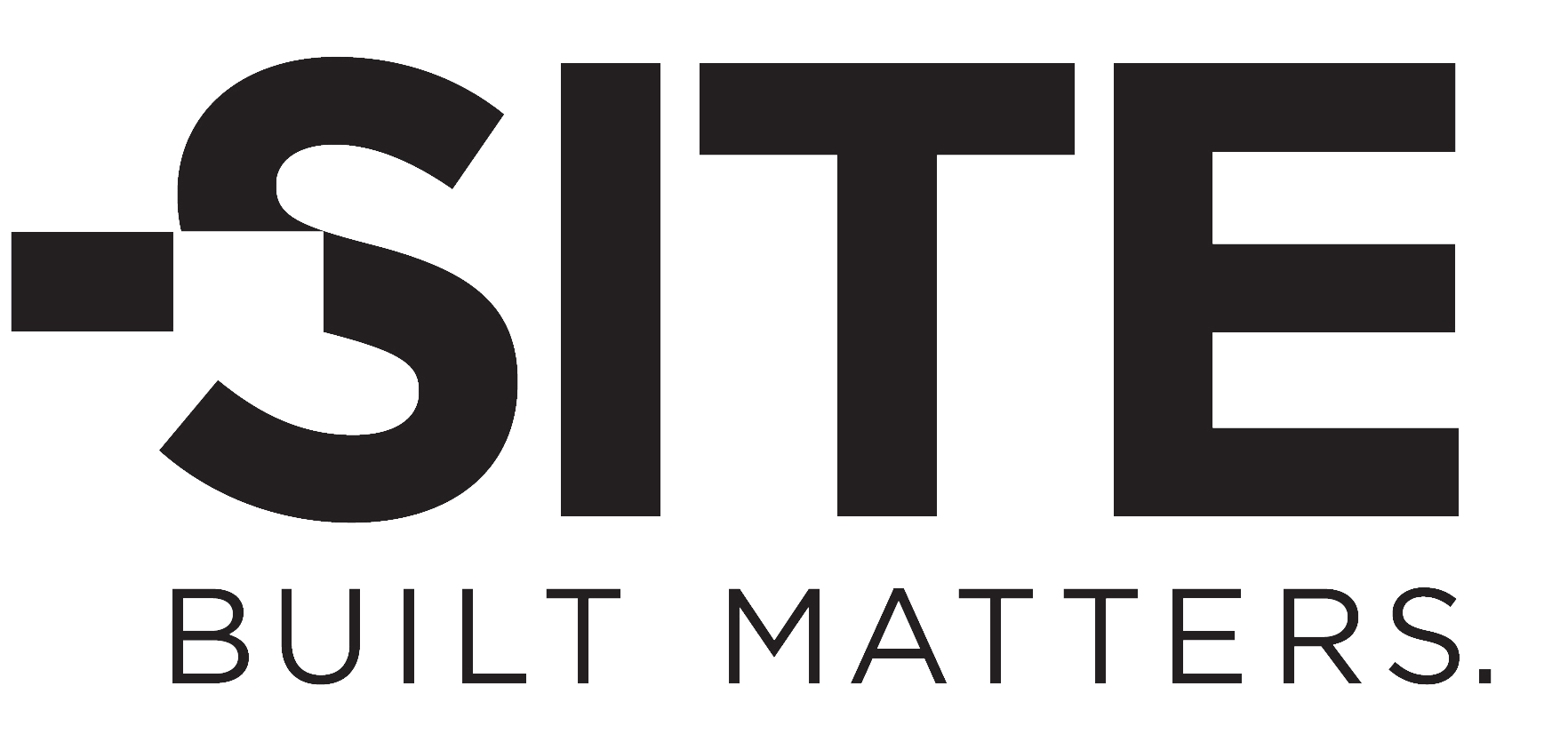LOCKDOWN LONDON
Henrietta Williams // London
London as a state of exception
“…the voluntary creation of a permanent state of emergency… has become one of the essential practices of contemporary states, including so-called democratic ones.”
— Giorgio Agamben. (1)
A city with no people is one that feels on the edge of a sort of death. The weird post-modern plazas of the financial district reveal themselves as ruins in reverse, ready to decay now they are without purpose. This void, this lack of frenetic energy, a sudden emptiness as consumers and workers are kept at home: “Stay at Home, Protect the NHS, Save Lives.” An echoing emptiness around the Bank of England is broken only by the distant sound of sirens as the shop windows of New Bond Street are stripped of luxury goods. The economy falters and collapses without the speed of constant movement.
I am stalking the streets of London alone, a tripod and a kit bag acting as my passport to bear witness to the effect of Covid-19. What I am seeing is evidence of Agamben’s so-called “State of Exception” in action. A public health emergency caused by a global pandemic has created a moment when governments can argue for a radical suspension of basic rights of the citizen. In the UK we have been told: do not gather, do not stop to rest, do not socialise outside of your household. This is enforced by a heavy police presence and a ramping up of surveillance networks. Edward Snowden describes this as “the moment of transmissible fear.” It is a moment of vulnerability where rationality goes out the window and our genuine concern of physical safety in the present erodes our future liberties. [2]
In the UK we have seen temporary emergency measures introduced at various moments in our constitutional history become permanent, perhaps most notably in the context of the conflict with Northern Ireland. Shifts to the surveillance powers of the state act alongside these radical changes written into our legal constitution. As a result of the IRA bombing campaign of the City of London in the 1990s, a vehicular-based system of control and surveillance—the Ring of Steel—remains in use twenty-five years later. Driving through the city was changed forever with a significant reduction in roads, the use of sentry boxes manned by police, and the introduction of license-plate recognition cameras tracking every vehicle that entered the ring. There is also a great impact to be unravelled beyond the roadspace, as this highly securitised environment led to the widespread introduction of CCTV, an increased connection between private security systems and state police, and the privatisation of public space. This is the same landscape that I walk and photograph in this current moment of lockdown, transformed again in another moment of emergency.
My walks through the city are lonely and dystopic, but also beautiful. The golden, dying light drawing out the classical forms of a capital city largely built off the wealth of the British Empire. I follow a strict set of rules: I drive in, I don’t come within two metres of anybody, I don’t enter any shops. When I walk in through my own front door, crossing the threshold into a domestic safe space, I immediately shower before greeting my children. Home acts as a binary to set against my concerns of the increased surveillance state. This current lockdown allows me a slower pace. With schools and nurseries closed I feel almost as if I am given a second chance at maternity leave—playing and cooking are now as important as work. It’s an opportunity for me as a mother, and one that I value. That said, I feel a complete collapse in my community, no longer can I wander to the park to casually connect with other local families. Even if we catch each other at a distance we stay away—it is too difficult to explain to the children why they cannot play with each other.
I want to stay safe and not bring the virus into my home for my children, certainly not be an asymptomatic carrier to others beyond my family, but I’m aware there is a trade being offered, our liberty for our safety. Perhaps in our desire to stay well and healthy we are creating another sort of illness, one that won’t be solved by a vaccine. Reflecting on the collapse of the Weimar Republic, Walter Benjamin writes: “The state of exception in which we live is not the exception but the rule.” [3] As helicopters thrum overhead across London we need to feel concern, to remember this moment, and to pay attention to the current surge in surveillance we are experiencing because of this virus. Let us not be panicked. Let us fight against the state of exception becoming the rule.
Notes:
Giorgio Agamben, trans. Attell, Kevin, State of Exception (Chicago and London: The University of Chicago Press, 2005), 2.
Edward Snowden, “System Update with Glen Greenwald,” interview by Glenn Greenwald, The Intercept, April 8, 2020, https://www.youtube.com/watch?v=Nd7exbDzU1c.
Walter Benjamin, quoted in Giorgio Agamben, State of Exception, 6.
Author Bio:
Henrietta Williams is an artist and urban researcher. Her practice explores urbanist theories, particularly considering ideas around fortress urbanism, security, and surveillance. She is currently working towards an LAHP-funded PhD by design at the Bartlett, UCL, that critiques drone surveillance technologies and the history of the aerial viewpoint. Henrietta was made a teaching fellow at the Bartlett in September 2017 and teaches on the MA Situated Practice.








